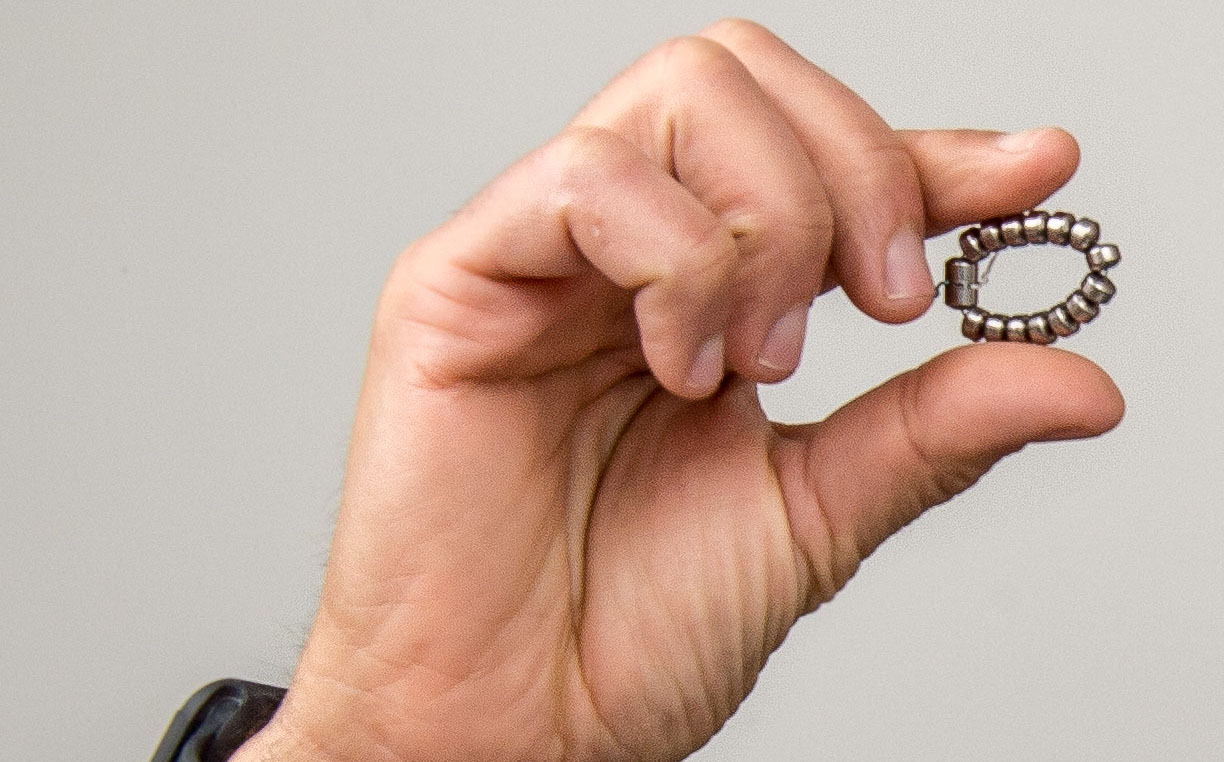Temple University Hospital Now Offering Less Invasive Surgical Option for Patients Suffering from Gastroesophageal Reflux Disease

Gastroesophageal reflux disease, also known as GERD, is a chronic digestive disorder that affects the stomach and lower esophageal sphincter (LES), the muscle between the esophagus and stomach. Many people who suffer from GERD experience acid indigestion or heartburn due to a weakened LES, which allows gastric contents to reflux back into the esophagus. Prolonged exposure to acid in the esophagus can lead to serious complications, including Barrett’s esophagus and esophageal cancer.
Patients with GERD can be treated with over-the-counter medications or prescription-strength medications, and may also require lifestyle modifications. Patients can be asked to stop smoking, incorporate daily exercise, and avoid certain foods that could induce acid production. However, they may require or opt for surgery if medications are not effective.
“Patients may not want to be on lifelong medication. Surgery is an alternative,” says Abbas El-Sayed Abbas, MD, Professor and Vice Chair of the Department of Thoracic Medicine and Surgery at the Lewis Katz School of Medicine at Temple University, Chief of Thoracic Surgery at Temple University Hospital and Thoracic Surgeon-in-Chief for Temple University Health System. “Surgery for GERD has typically been fundoplication surgery to reinforce the lower esophageal sphincter. This laparoscopic procedure involves wrapping the upper part of the stomach called the fundus around the outside of the lower esophagus to prevent acid reflux.” However fundoplication surgery is associated with certain side effects, like gas bloating, due to the changes of the anatomy and structure of the stomach.
Temple is now offering a less invasive treatment option—the Linx device-- which allows the patient to preserve his or her entire stomach.
“The Linx device is a quarter-sized ring of tiny magnetic titanium beads that is wrapped around the lower esophagus,” says Dr. Abbas. “The procedure is done laparoscopically with surgeons placing three or four small incisions in the abdomen to implant the device. It is a very quick procedure and patients often go home from the hospital the very same day.”
Dr. Abbas adds that the Linx device is flexible enough that when a patient swallows food or water it will expand allowing the food bolus to enter the stomach, but will then almost immediately close again to prevent reflux from the stomach into the esophagus.
A large study has shown the device to be safe and effective in the long term. Dr. Abbas says the Linx device would be a permanent fix, however in the rare event that it needs to be reversed, he says the Linx procedure would be easier to reverse than the traditional fundoplication surgery.
Editor’s Note: Neither Dr. Abbas nor any member of his immediate family has financial interest in Torax® Medical, Inc., the manufacturer of the Linx device.
